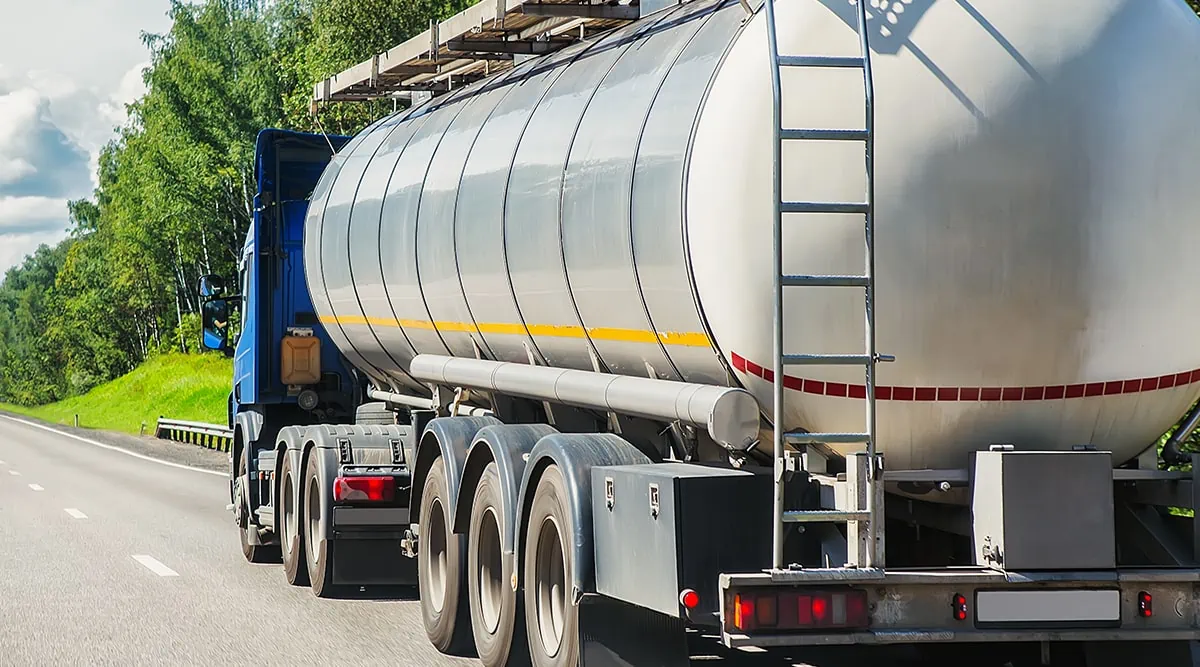4 Easy Facts About Reclaim Waste Explained
4 Easy Facts About Reclaim Waste Explained
Blog Article
Fascination About Reclaim Waste
Table of ContentsReclaim Waste for DummiesAn Unbiased View of Reclaim WasteThe Best Strategy To Use For Reclaim Waste3 Simple Techniques For Reclaim WasteSome Known Details About Reclaim Waste
Domestic sewage waste refers to the waste and items from a household septic container. The correct management and disposal of domestic sewage waste call for fluid waste to be transferred to a sewage treatment plant where the correct approaches and tools are used to cleanse and dispose of waste.
Commercial waste frequently consists of prospective threats, such as flammable products or a combination of liquid and strong waste items, and needs a much more innovative and in-depth disposal procedure. The disposal of industrial waste generally includes the purification of waste prior to transportation to guarantee safe and correct disposal. Industrial waste is developed from by-products and runoff of commercial procedures and production.
This kind of waste can not make use of the same sewer management transport or procedures as septic or commercial liquids. The hazardous waste administration process needs the examination and testing of fluid waste prior to it goes through the disposal procedure (liquid waste removal melbourne). Runoff waste is the fluid waste that originates from overflow and excess stormwater in very inhabited areas or cities
Overflow waste can cause contamination and flooding otherwise handled appropriately. Discover more about sewer cleansing and waste monitoring. Guaranteeing correct waste monitoring can stop calamities and reduce ecological harm. Both people in property settings and professionals in industrial or manufacturing industries can benefit from understanding the procedures and regulations of fluid waste management.
Getting The Reclaim Waste To Work
Call PROS Providers today to learn about our waste monitoring and disposal services and the appropriate methods to care for the fluid waste you produce.
(https://reclaimwaste.godaddysites.com/f/efficient-liquid-waste-disposal-removal-melbourne)This so-called 'wastewater' is not just an important resource however, after therapy, will certainly be launched to our land, rivers or the ocean. Used water from commodes, showers, baths, cooking area sinks, washings and commercial procedures is understood as wastewater.

water utilized to cool down equipment or clean plant and devices). Stormwater, a type of wastewater, is drainage that flows from agricultural and city locations such as roofing systems, parks, gardens, roadways, paths and rain gutters right into stormwater drains, after rain. Stormwater flows untreated directly to neighborhood creeks or rivers, at some point reaching the sea.
Reclaim Waste Can Be Fun For Anyone
In Queensland, a lot of wastewater is dealt with at sewage treatment plants. Wastewater is transported from residential or industrial sites via a system of drains and pump terminals, known as sewerage reticulation, to a sewer therapy plant. City governments develop, preserve and run most sewage therapy plants. Operators are certified under the Environmental Protection Act 1994 to release cured wastewater at an acceptable environmental requirement right into waterways.
The Division of Natural Resources advises city governments about managing, operating and keeping sewerage systems and therapy plants. In unsewered locations, regional federal governments might call for homeowners to install private or household sewer treatment systems to deal with residential wastewater from toilets, kitchens, restrooms and laundries. The Department of Natural Resources authorizes making use of household systems when they are shown to be reliable.
A lot of stormwater receives no therapy. In some new neighborhoods, treatment of some stormwater to get rid of trash, sand and gravel has begun using gross pollutant catches. Wastewater therapy happens in four stages: Gets rid of strong issue. Bigger solids, such as plastics and various other items wrongly discharged to drains, are removed when wastewater is travelled through screens.
Makes use of little living organisms knows as micro-organisms to damage down and eliminate continuing to be dissolved wastes and great bits. Micro-organisms and wastes are incorporated in the sludge.
Not known Details About Reclaim Waste
Nutrient elimination is not offered at all sewage treatment plants due to the fact that it requires costly specialised equipment. It is coming to be extra usual in Queensland. Clear fluid effluent created after treatment may still consist of disease-causing micro-organisms. If this effluent is released into waterways such as rivers or the sea, the micro-organisms will eventually die out.

This typically means wastewater has actually to be dealt with or impurities eliminated before it can be discharged to rivers. Most wastewater flows into the sewerage system. Under the Act, regional federal governments provide authorizations and permits for read here environmentally appropriate tasks (Periods) involving wastewater launches that may have a local influence. The division provides authorizations and permits to Ages involving wastewater releases that may have a local or statewide effect.
The 2-Minute Rule for Reclaim Waste
Monitoring supplies valid info about water top quality and can confirm that permit conditions are being met. The information obtained via surveillance supplies the basis for making water top quality choices.
Report this page